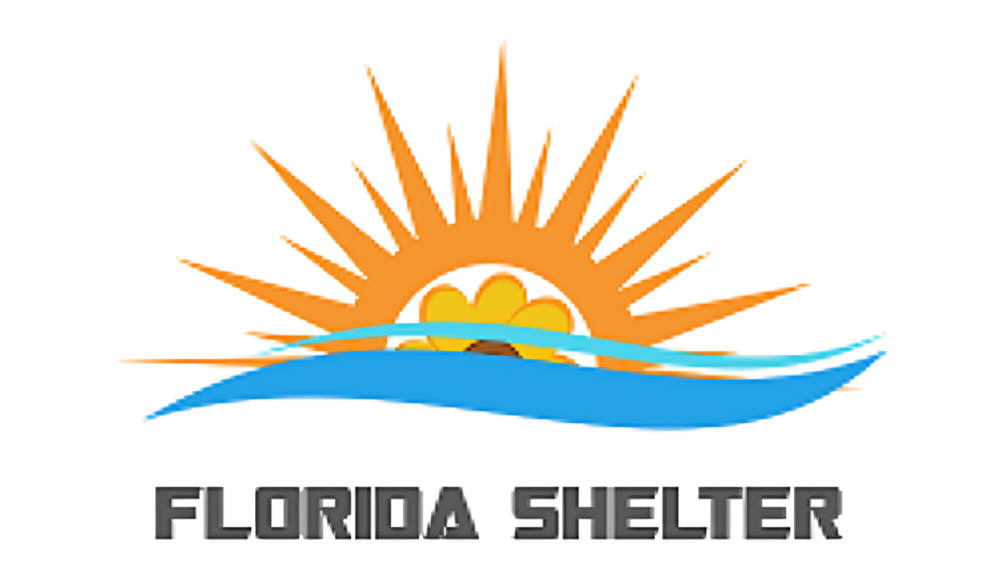Introduction:
As a landlord in Florida, protecting your rental property investment is paramount. Unexpected events such as accidents, natural disasters, or legal disputes can pose financial risks if your property is not adequately insured. Navigating the insurance landscape can be complex, with various coverage options and policy considerations. In this blog, we will provide essential tips for landlords on insuring rental properties in Florida. Whether you own a single rental unit or have a portfolio of properties, these tips will help you understand the key aspects of landlord insurance and ensure you have the right coverage to safeguard your investment.
- Understand Different Types of Insurance Coverage: When insuring your rental property, it’s crucial to understand the different types of insurance coverage available. The primary coverage options include:
- Dwelling Insurance: This covers the physical structure of the property against perils like fire, vandalism, or windstorms. It does not typically cover the tenant’s personal belongings.
- Liability Insurance: Liability coverage protects you from legal claims if someone is injured on your property. It covers medical expenses and legal costs associated with personal injury claims.
- Loss of Rental Income Insurance: This coverage reimburses you for lost rental income in the event your property becomes uninhabitable due to covered perils like fire or water damage.
- Umbrella Insurance: Umbrella insurance provides additional liability protection beyond the limits of your primary policy. It helps protect you against large claims or lawsuits.
- Assess Liability Risks: As a landlord, liability risks are a significant concern. Evaluate potential risks specific to your property, such as uneven walkways, faulty wiring, or swimming pools, and take measures to mitigate them. Keeping the property well-maintained and ensuring it meets safety standards can help reduce liability risks and potentially lower insurance premiums.
Conduct Regular Property Inspections:
Regular property inspections can help identify maintenance issues or potential hazards that could lead to costly claims. By addressing these issues promptly, you minimize the risk of accidents or property damage and demonstrate your commitment to maintaining a safe environment for tenants.
Screen Tenants Thoroughly:
Proper tenant screening is crucial for minimizing the risk of property damage or liability claims. Conduct thorough background checks, including credit history, rental references, and employment verification, to assess potential tenants’ reliability and responsibility. This helps ensure you select tenants who are more likely to take care of the property and fulfill their rental obligations.
Work with Reputable Insurance Providers:
Choosing the right insurance provider is key to obtaining reliable coverage and efficient claims processing. Research insurance companies that specialize in landlord insurance in Florida and have a good reputation for customer service. Compare coverage options, deductibles, and premiums to find a policy that best suits your needs and budget. Consult with other landlords or seek recommendations from industry professionals to find reputable insurance providers.
Document Property Condition:
Maintain thorough documentation of your rental property’s condition before and after tenant occupancy. Take photographs or videos of the property’s interior and exterior, highlighting any existing damage or maintenance issues. This documentation can serve as evidence if disputes arise regarding property damage and can expedite the claims process with your insurance provider.
Consider Renters Insurance Requirements:
While it’s not mandatory for tenants to have renters insurance in Florida, it’s highly recommended to encourage it.




